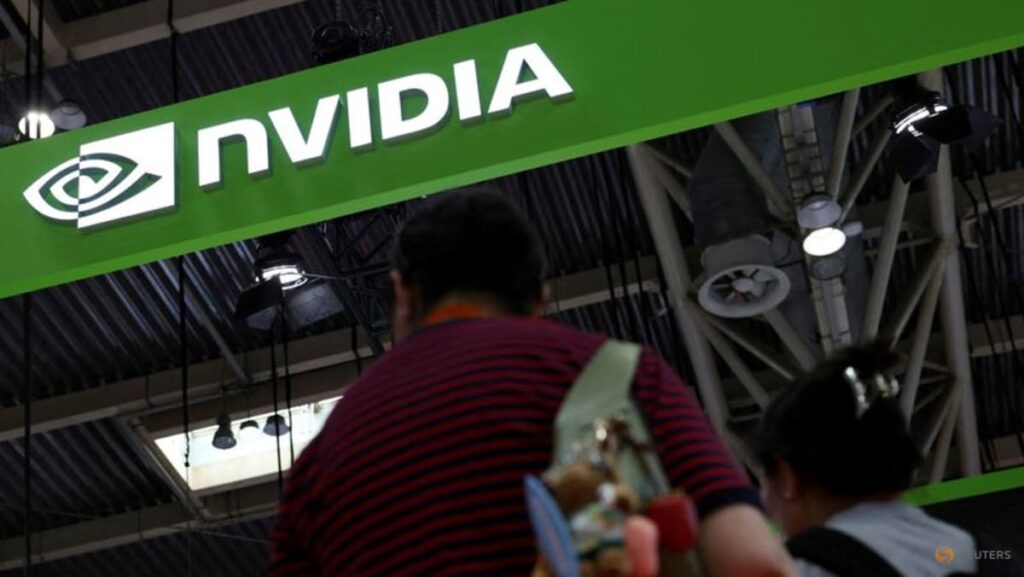ACQUISITION TERMS COVERED GPU TECH
The Chinese regulator also said the US chipmaker was suspected of violating commitments it made during its acquisition of Israeli chip designer Mellanox Technologies, under terms outlined in its 2020 conditional approval of that deal. One of those terms was that Nvidia would continue to supply the Chinese market with GPU accelerators, used in computing. In recent years, the company has been forced to end sales of its most advanced accelerators due to export controls implemented by the administration of former President Joe Biden.
The SAMR on Monday added that it would continue its investigations. Nvidia did not immediately respond to a request for comment.
According to China’s antitrust law, companies can face fines of between 1 per cent and 10 per cent of their annual sales from the previous year. China generated US$17 billion in revenue for Nvidia in the fiscal year ending Jan 26, or 13 per cent of total sales, based on its latest annual report.
Beyond the fine, the impact of SAMR’s decision remains unclear, but Nvidia could, going forward, be required to sell chips in China that have no Mellanox technology in them, according to Lian Jye Su, chief analyst at consultancy Omdia.
But Su added that as long as there is no outright ban on Nvidia GPU sales, demand in China will remain.
GROWING HEADWINDS FOR NVIDIA IN CHINA
The extent to which China can have access to cutting-edge AI chips is one of the biggest flashpoints in the US-Sino war for tech supremacy.
Nvidia, the world’s top maker of AI chips whose fortunes have soared with the AI wave, has been at the centre of the fray. US President Donald Trump’s administration has imposed and then relaxed some of its more severe restrictions on the company’s sales of advanced chips to China.
At the same time, China is keen for its tech industry to wean itself off US chips. Chinese authorities have summoned companies, including Tencent and ByteDance, over their purchases of Nvidia’s H20 chip, asking them to explain their reasons and expressing concerns over information risks, sources said last month
Also last month, China’s cyberspace regulator summoned Nvidia representatives to explain whether the H20 chip, which Nvidia tailored for China, posed backdoor security risks that could affect Chinese user data and privacy.
Plenum’s Bo said that the SAMR issuing an unfavourable ruling for Nvidia on its antitrust probe was unlikely to affect Nvidia’s bottom line as much as China’s efforts to foster domestic substitutes to the US chipmaker’s most powerful AI chips.
“This should not be taken as a sign that China is trying to kick Nvidia out of the country,” he said.
Read the full article here

